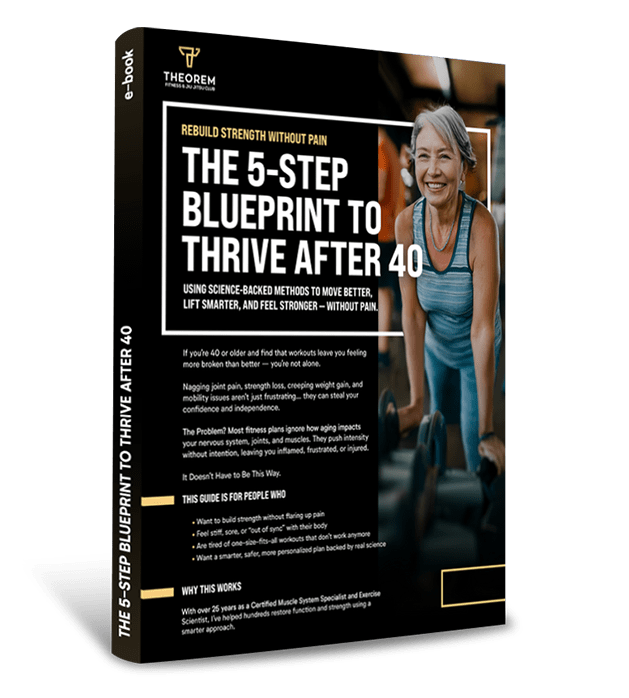The Muscle Memory Myth vs. Reality
The most common misconception about muscle memory is that your muscles somehow "remember" exercises you've done before. People often say things like, "Don't worry about taking a break—your muscles will remember what to do when you come back."Here's the truth: your muscles don't have memory cells. They can't "remember" anything.
What's actually happening is far more fascinating.
What Muscle Memory Really Is:
Muscle memory works through two distinct biological mechanisms:1. Neural Adaptations: When you learn a movement pattern, your brain forms neural pathways that become more efficient with practice. These pathways allow your nervous system to recruit muscle fibers more effectively.
2. Cellular Memory: When you build muscle and then lose it (during a break from training), your muscle cells retain extra nuclei gained during previous training. These nuclei give you a head start when you return to training.
Why This Matters for Your Fitness:
Understanding real muscle memory changes how you should approach fitness.- Taking breaks isn't catastrophic: Research shows that trained individuals can regain lost muscle mass much faster than it took to build it initially, thanks to those retained nuclei.
- Skill training matters: Complex movements require neural adaption. The more you focus on the muscles you want to train, the more efficient your brain becomes at recruiting them.
- Early training has lasting benefits: Starting serious training younger creates a reservoir of these extra nuclei that may provide benefits for decades.
How to Leverage True Muscle Memory:
1. Focus on technical mastery first: Let control be your guide before adding weight or intensity.2. Don't fear short breaks: Your body hasn't "forgotten" anything during a two-week vacation.
3. Maintain minimal training during breaks: Even one session per week can maintain most of your gains.
4. Return gradually: Your mind might remember how much weight you could lift, but your connective tissues need time to readapt.
The Bottom Line:
Muscle memory isn't about muscles remembering—it's about neural pathways becoming more efficient and muscle cells retaining structural advantages from previous training. When you understand this, you can train smarter, take breaks with confidence, and achieve better long-term results.The next time someone tells you muscles have memory, you'll know the real science behind what makes your body so adaptable—and how to use that knowledge to your advantage.
Dominick
Founder
Theorem Fitness & Jiu Jitsu Club


